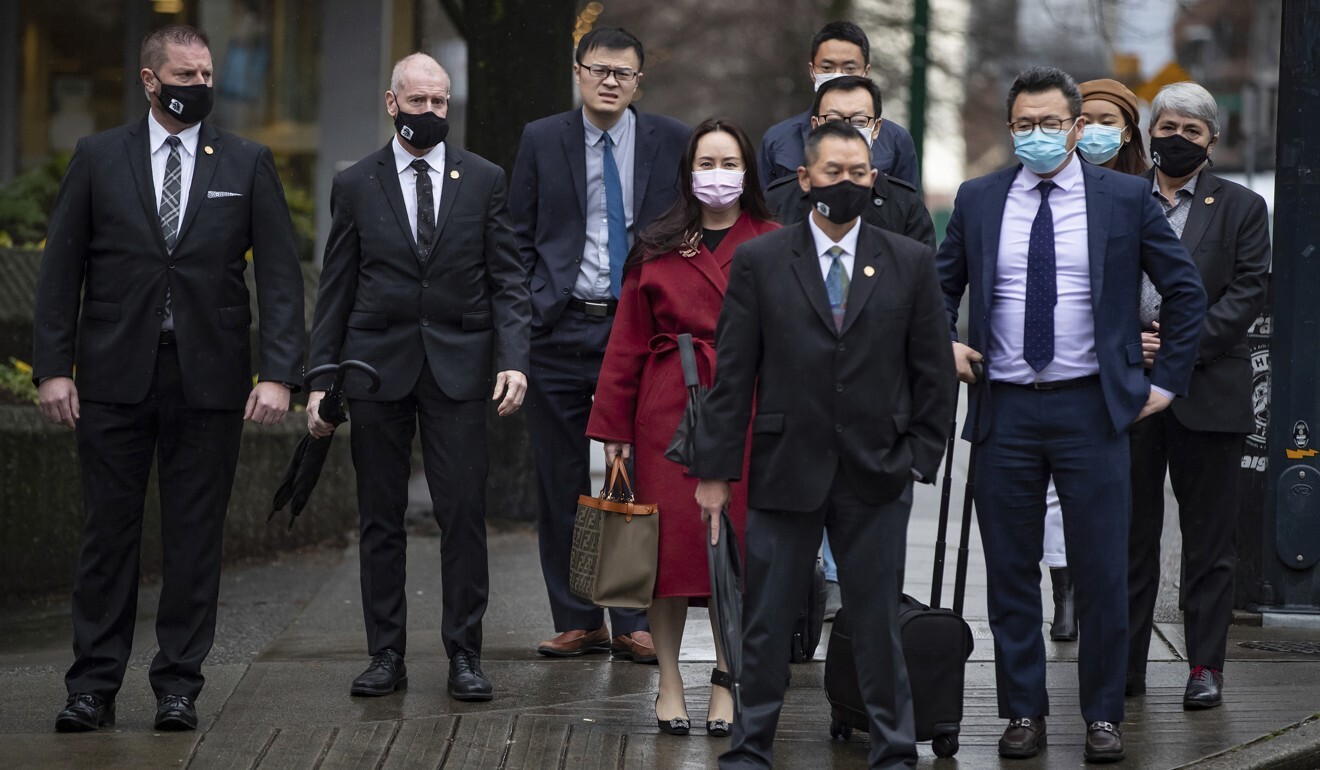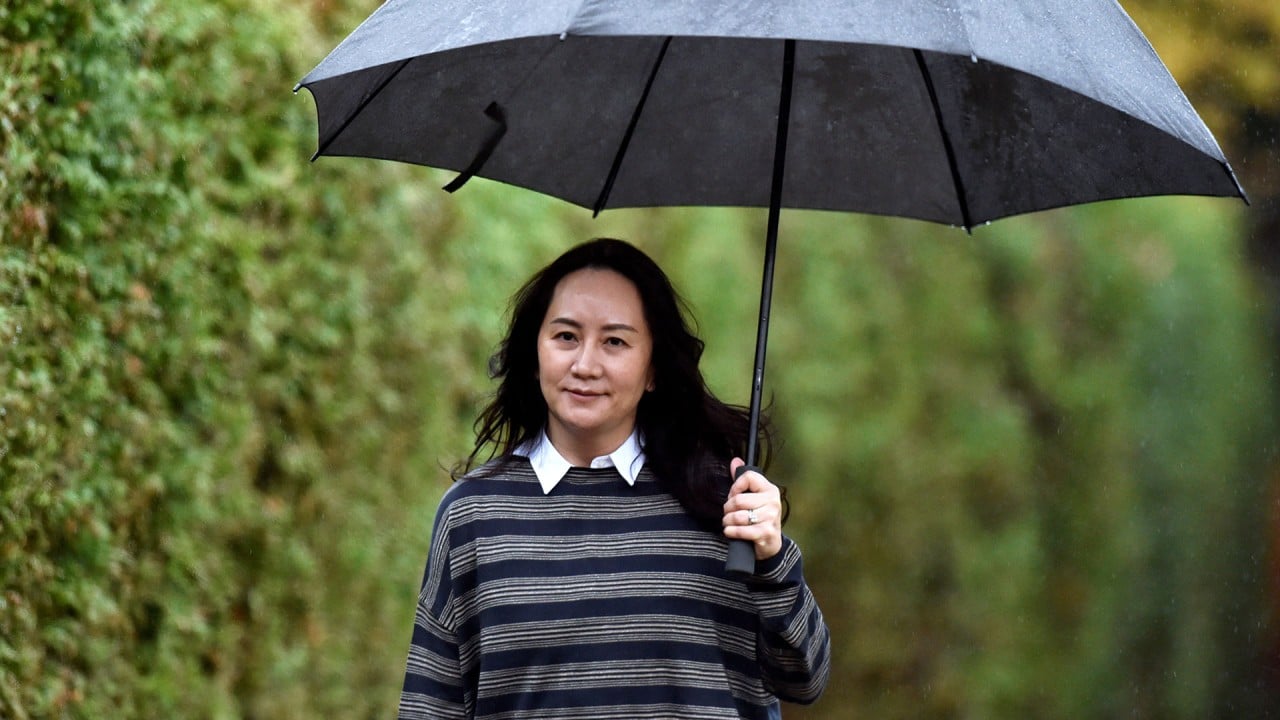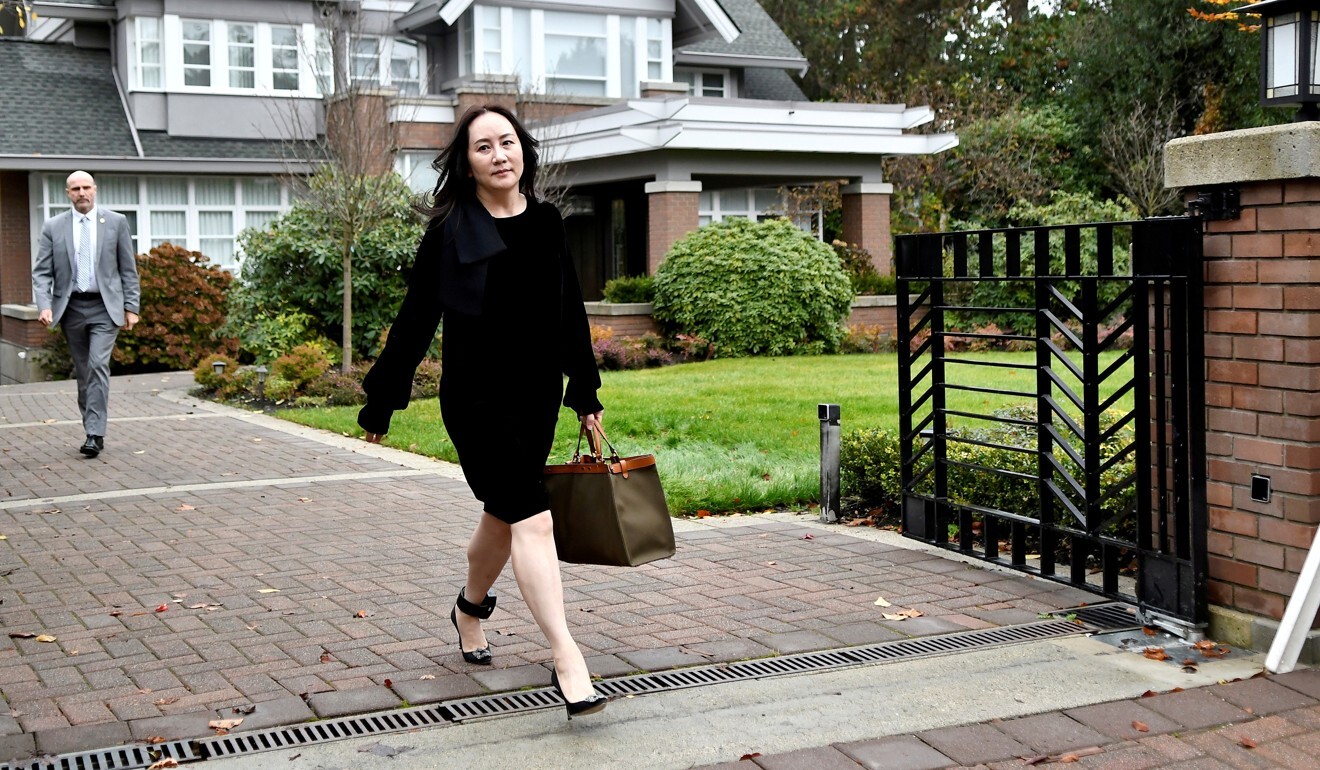
US may be trying to trap Huawei’s Meng Wanzhou with deal, warns Canadian extradition expert
- Gary Botting, who has previously advised Meng’s legal team, wrote in an opinion article that an admission of wrongdoing could be used against her ‘again and again’
- He cited cases involving deals that he said resembled the one being offered to Meng, which has not been made public
Vancouver barrister Gary Botting, who has written several books on extradition law, wrote in the National Post newspaper on Monday that “if Meng admits to wrongdoing, she would have a criminal record and any number of countries (including Canada) could use this against her”.
But in his op-ed article, Botting said the US “could be setting a trap” for Meng, and that he spoke “from painful experience”. He went on to cite three cases in which he was previously involved that he said illustrated the potential peril for Meng if she took the deal.

“Ultimately, Meng’s name must be struck from the indictment,” he wrote. “Otherwise, even if Canada’s minister of justice orders her to be discharged, the United States can go after her again and again, whenever she happens to land in a country with which the Americans have an extradition treaty.”
Details of the purported deal have not been made public, but Botting wrote that a deal in one of the cases he cited was “very much like the one the US is now proposing in the Meng case”, while another was “not unlike” Meng’s.
Botting sat with Meng’s legal team during her initial bail hearings in December 2018, and told the South China Morning Post then that he was acting as an adviser to her lawyers. He said on Monday that he is no longer working for Meng, and that he had not seen details of the US deal.
Ultimately, Meng’s name must be struck from the indictment. Otherwise ... the United States can go after her again and again, whenever she happens to land in a country with which the Americans have an extradition treaty.
Meng, the chief financial officer for Huawei Technologies and daughter of company founder Ren Zhengfei, has been fighting extradition to the US for more than two years and is living under partial house arrest in Vancouver. She was arrested by Canadian police acting on a US request at Vancouver’s airport on December 1, 2018, upending China’s relations with Canada and the US.
US authorities want her to face trial in New York, accusing her of defrauding HSBC by misleading the bank about Huawei’s business dealing with Iran, thus putting HSBC at risk of breaching US sanctions on the Middle Eastern country.
Witness phase of Meng extradition battle ends after weeks of court drama
In one of the cases he cited, Botting described how a Vancouver-based CFO wanted by the US for an alleged telemarketing scam “negotiated a deal not unlike that proposed for Meng: one day in prison (the day she appeared in court)”.
She pleaded guilty and was allowed to fly back to Vancouver to be with her children the same day. But the confession was used against her husband – the CEO of the company – and he was jailed for fraud. He remains in prison to this day, 20 years after the alleged offence. “So much for justice,” wrote Botting.

04:43
How the arrest of Huawei CFO Meng Wanzhou soured China's relations with the US and Canada
Another client was accused of bribing officials in eastern Europe and China, at both ends of a pipeline his company constructed. Like Meng, the European construction CEO was arrested at Vancouver’s airport on a US warrant.
“While he was held in custody in Canada, his US lawyers negotiated a deal very much like the one the US is now proposing in the Meng case, contingent on his acceding to US jurisdiction,” Botting wrote.
Meng witness gave incomplete evidence, had illicit contact with lawyer
He too was offered a deal involving one day in jail, but when he missed a court date he was sentenced to a year.
“[My] client’s corporation, like Huawei, was not registered in the United States,” wrote Botting. “My client had not set foot there before travelling to Washington to try to clear his name. Arguably, the US had no jurisdiction over him or his company. The same case can be made about Meng.”
In a third case, Botting described how the American CFO for a US company was persuaded to plead guilty in a case about the reckless abandonment of a building in St Louis, in exchange for “time served”.

But her Canadian husband, who ran the company, was extradited and received a much more severe sentence, Botting said.
That echoes what Botting told the South China Morning Post on December 11, 2018, the day that Meng was granted bail.
Will Biden fix Canada’s broken ties with China?
“There are other ways of dealing with thing like this … rather than the arbitrariness of a megalithic state, the United States, using its power to grab a Chinese citizen,” he said at the time.
“It looks like sour grapes” on the part of the US regarding the successes of Huawei, Botting said in the car park of British Columbia’s Supreme Court building in Vancouver.
He said Meng “should never have been arrested in the first place”.
“You can imagine the jeopardy that people are going to encounter anywhere they go, as long as the United States wants to enforce the law internationally,” he said.
“This is the United States trying to flex its muscles and take attention away from other things” said Botting. “Clean up your own house before using Canada to mop up the rest of the world’s problems.”

